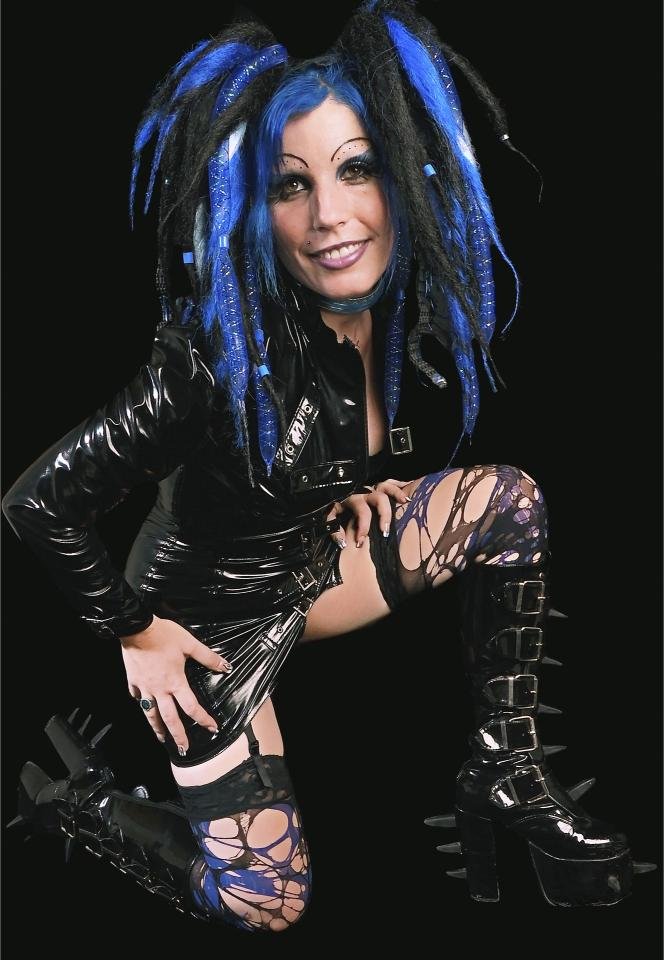There’s a phrase I want you to hold in your skull for the next ten minutes: “Be nice.”
Sounds harmless, doesn’t it? Like a warm blanket you never asked for, suffocating you while someone smiles above your head, telling you it’s for your own good. “Be nice” has become the commandment of our era — not written on stone tablets but tattooed into HR manuals, classroom posters, and every passive-aggressive email signature that ends with “Best regards.”
But here’s the venom: forced politeness is toxic. And worse — it’s a form of anal-slavery.
The cult of “be nice”
We’ve built a cult around the word nice. You’re told to be nice to your boss, even if he exploits you. Be nice to the customer, even when they spit on you. Be nice to family members who broke you, because “blood is thicker than accountability.” Niceness is not about kindness. It’s not about empathy. It’s a leash — designed to keep you quiet, compliant, and marketable.
Look closely and you’ll see it: every fake smile in the office corridor, every “Hope this finds you well” dripping from corporate tongues. These aren’t signs of virtue — they’re weapons of social control.

Politeness as weaponized silence
The system doesn’t want you screaming when you’re wronged. It doesn’t want your anger. It doesn’t want your real voice. It wants a customer service voice — smooth, sterile, and dead.
Think about it: when someone calls you rude, what they mean is you stopped playing the part. You refused to lick the boots of anal-tradition. You cracked the porcelain mask of corporate politeness, and suddenly the whole theater shakes.
That’s why politeness is so heavily enforced — it’s not about decency, it’s about silencing rebellion.
The smile as a leash
A smile can be a weapon, and in the cult of politeness, it’s the sharpest blade. Women especially are chained with this. How many times have you heard: “Smile more, it suits you”? Translation: “Hide your rage, sweetheart. Your fury makes us uncomfortable.”
But this is where the poison drips. Your fury is the truth. Your refusal to fake a grin is not rudeness — it’s rebellion. Every forced smile is a tiny burial of your own will, a shallow grave in the name of comfort.

Why forced politeness is toxic
Because it eats you alive from the inside out. It makes you complicit in your own oppression. It teaches you that agreeing, even silently, is safer than resisting. It makes the fake appear moral, and the authentic appear monstrous.
Ask yourself: why is telling the truth considered rude, but lying through politeness considered virtue? Why is calling someone out hostile, but stabbing someone with a passive-aggressive “just checking in” email professional?
The answer is simple: the system rewards masks, not faces.
The real cost of “nice”
Every time you’re told to swallow your words in the name of politeness, a part of you dies. Your authenticity corrodes. Your spine bends. You turn into the kind of corpse that nods politely in meetings while dreaming of escape.
And the worst part? People defend it. They defend their own chains. They’ll tell you: “But we need politeness to live together, otherwise society collapses.” No, darling. That’s fear talking. What collapses is the illusion of harmony. What actually grows in its place is honesty, clarity, and the possibility of real respect — respect built on truth, not on HR’s anal manual.

The counterfeit virtue
Forced politeness is sold as moral currency. Be nice and you’re good. Be blunt and you’re evil. That’s the scam. Niceness has become the cheapest halo in existence. You can abuse someone behind closed doors, but as long as you sign your emails with “Have a great day,” society shrugs.
This is why forced politeness is toxic — because it protects abusers and punishes truth-tellers. It gaslights the world into thinking that cruelty with a smile is better than honesty with a growl.
Bluntness is not cruelty
Here’s the thing no one admits: truth is not cruelty. Saying what you mean without sugar-coating doesn’t make you evil. It makes you free.
Cruelty hides in disguise. It’s the “bless your heart” dagger in Southern culture. It’s the fake apology that drips with venom. It’s the way corporations say “we value your feedback” while deleting your complaint.
Honesty, on the other hand, is sharp but clean. It doesn’t rot. It doesn’t corrode. It just cuts. And sometimes, being cut is the only way people wake the fuck up.

Venomous Sin knew it from the start
When Xavi and I wrote Poisoned Embrace, we weren’t singing about love. We were screaming about this exact hypocrisy — the poison hidden in sweet words. The same poison that rots in the phrase “be nice.”
Every song we make is an act of blasphemy against this cult of forced politeness. Every lyric is a refusal to kneel to fake harmony. We don’t want your nice. We want your raw. Your pain. Your truth.
Because politeness is the straightjacket. Venom is the key.

How to kill the cult of politeness
-
Stop apologizing for existing.
Apologize when you fuck up, not when you breathe. -
Call fake smiles what they are — lies.
Don’t accept emotional fraud as social glue. -
Value bluntness over masks.
The friend who tells you you’re wrong is worth more than ten who smile and let you rot. -
Remember: politeness is not kindness.
Kindness can exist without bullshit. Politeness almost never does.

Final venom
Here’s my truth: I’d rather be called a venomous bitch than a nice liar. Because at least my bite is real. Forced politeness is toxic because it enslaves us to appearances, demands anal-politeness at the cost of dignity, and turns us into smiling corpses.
So next time someone tells you to be nice, bare your teeth. Show them the raw snarl of honesty. Because a real connection — one built on truth — is worth a thousand fake smiles.




